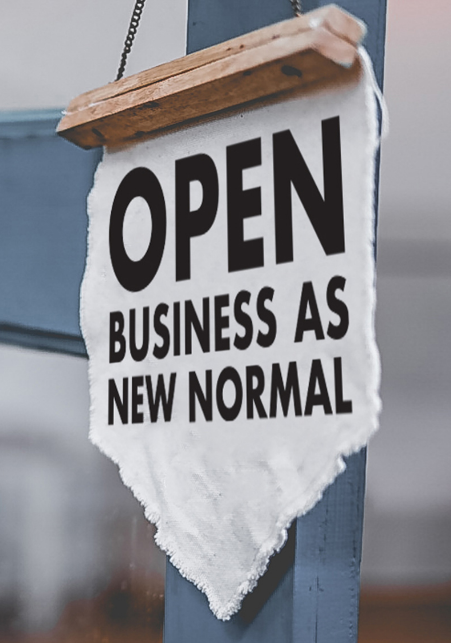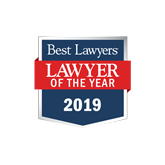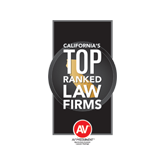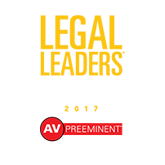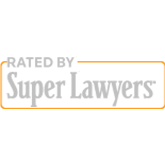Every retail property of any size has had to deal with unwelcome solicitors invading the “common areas” of their center under the guise of protected free speech.
In a landmark 1979 decision, the California Supreme Court declared that a privately owned shopping center may constitute a public forum in which people may exercise their free speech rights under the California Constitution. During the following decades, solicitors invaded the common areas of shopping centers seeking donations, signatures and other consideration, blocking the store entrances and making it difficult for patrons to shop. In an effort to minimize this nuisance while providing a pleasant experience to the visitors of their centers, shopping center owners and managers developed and implemented various rules and regulations concerning expressive activities in their centers. However, time and again, the courts found these rules and regulations to be too restrictive and in violation of the constitutionally protected right of free speech. Owners were effectively forced to tolerate the presence of solicitors at their shopping centers.
Then, in 2012, the California Supreme Court once again weighed in on the issue of free speech in shopping centers, attempting to provide some clarity as to the scope of permissible constitutionally protected speech-related activities. In _Ralph’s Grocery Co. v. United Food and Commercial Workers Union Local 8_, the Court held that in order to be a public forum where expressive activities are permitted, the area “must be designed and furnished in a way that induces shoppers to congregate for purpose of entertainment, relaxation, or conversation”. The Court concluded that “a private sidewalk in front of a customer entrance to a retail store in a shopping center is not a public forum for purposes of expressive activity under our state Constitution’s liberty-of-speech provision…the public forum portion is limited to those areas that have been designed and furnished to permit and encourage the public to congregate and socialize at leisure”.
While seemingly helpful, the description by the Court of “public forum” left many shopping center owners and managers questioning what would actually be construed to constitute the “private sidewalk in front of a customer entrance to a retail store.” In our prior bulletin and in-house seminars examining the 2012 _Ralph’s_ case, we predicted that the issue of what constitutes the “private sidewalk in front of a customer entrance to a retail store” would be tested in the courts and that it would take a few years for those lawsuits to make their way through the appellate courts before there would be any published decisions on the topic. That time has arrived.
Last month, in the matter of _Donahue Schriber Realty Group, Inc. v. Nu Creation Outreach_, 2014 WL 7475226, the California Court of Appeal addressed the issue of solicitation activities conducted in the wake of the _Ralph’s_ decision. At its Fig Garden Village shopping center in Fresno, California, Donahue Schriber Realty Group developed and implemented a policy to manage the presence of solicitors in the center. A specific area within the center was designated and solicitors were requested to conduct their speech related activities in that area. Nu Creation operates youth centers and food pantries for disadvantaged youth. Its representatives elected to ignore management’s requests to use the designated public forum area and instead congregated on the sidewalk areas adjacent to the entrances of stores for the purpose of soliciting donations. After efforts to have the police remove the Nu Creation solicitors were unsuccessful, Donahue Schriber Realty Group filed suit and sought an injunction to prevent Nu Creation from engaging in solicitation outside of the designated public forum area.
Nu Creation argued that its activities were not disruptive and took place 10 to 15 feet from the store entrances. It also argued that there were benches and seating areas “inviting members of the public to sit, relax, and enjoy the scenery” within 10 feet of the store entrance where the solicitation activities were conducted. According to Nu Creation, these areas were a public forum. Donahue Schriber Realty Group responded with evidence that the sidewalk and apron areas of the shopping center are not designed or furnished in a way that induces shoppers to congregate for the purposes of entertainment, relaxation, or conversation. Instead, the sidewalks and apron areas are designed only to facilitate customers’ entrance to and exit from the stores.
Both the trial and appellate courts sided with Donahue Schriber Realty Group, finding that the sidewalk and apron areas were not public forum areas in which Donahue Schriber Realty Group was “obliged to permit members of the community to exercise their liberty of speech rights under the California Constitution.” Based on the evidence, the court found that the sidewalk and apron areas adjacent to the store entrances were not public forums because they were not “designed and furnished to permit and encourage the public to congregate and socialize at leisure”.
The issue of public forum and permissible free speech in shopping centers remains factually driven. Each center will have unique attributes making it virtually impossible to create a bright-line definition of when an area of a particular shopping center will be deemed a public forum. However, property owners and managers should take note of the steps taken by Donahue Schriber Realty Group to protect its center and limit the interference caused by solicitors. A public forum area was created in the center and solicitors were requested to conduct expressive activities only in that designated area. The management of the center documented their efforts to direct the solicitors to the designated area and contacted the police when the solicitors refused to comply with their requests. The appellate record indicates that management also presented evidence that the solicitors’ activities were interfering with the flow of traffic around the entrances to the stores and discouraging customers from returning. When the police refused to remove the solicitors, Donahue Schriber presented their evidence to the court and successfully obtained an injunction which was affirmed on appeal. We are hopeful that the _Ralph’s_ case and this case will be the beginning of a trend whereby the courts will expand the protection of private property rights to minimize the intrusion of solicitors in your centers.
If you have any questions, or would like further information, please contact me at dcreeggan@trainorfairbrook.com.

